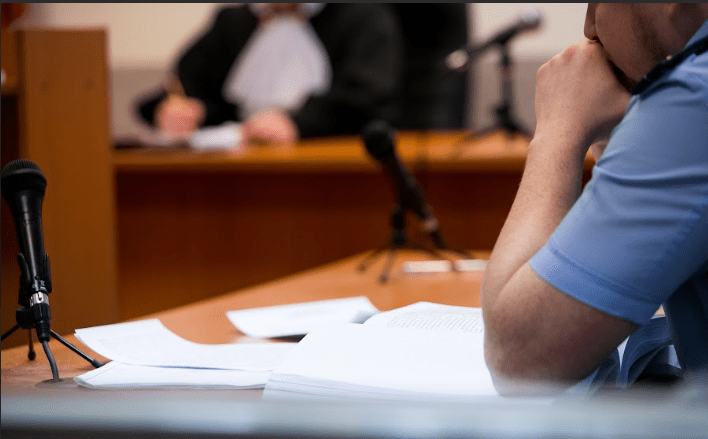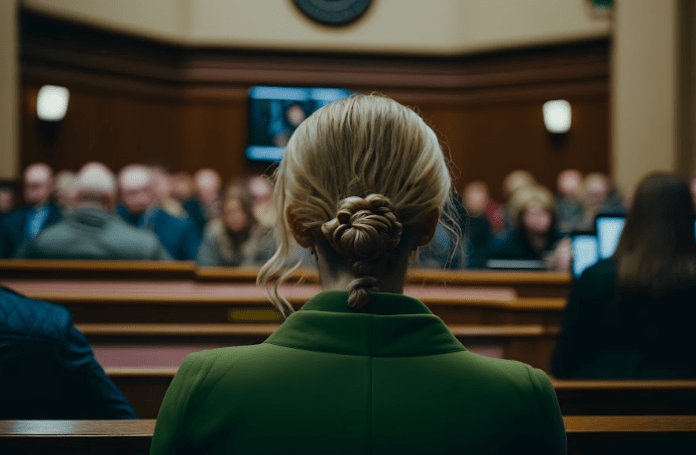Most people would panic when they are accused and charged with a crime. While it is a terrifying prospect, knowing your rights can help you stay rational throughout the ordeal. Knowing your rights can also help you make informed decisions about proceeding with your defense and ensure you are treated fairly throughout the legal process.
The Miranda Rights
You might have heard about the Miranda Rights doctrine, especially after watching various police shows and crime dramas. It’s already part of police protocol and due process to inform an accused of their Miranda Rights upon arrest. This includes two fundamental rights, which are:
- The Right To Remain Silent: The accused’s silence cannot be used against them in court. This means that the accused can refuse to answer questions and request an attorney when an interrogation is done after arrest. This right is guaranteed under the Fifth Amendment of the United States Constitution, which ensures that individuals should not be forced to incriminate themselves.
- The Right To An Attorney: As mentioned, an accused has the right to request the assistance of a lawyer. During investigations or interrogations, an accused can always choose to lawyer up and remain silent. If this happens to you, don’t panic and call a lawyer immediately instead of losing your cool during interrogation. If you don’t have a lawyer yet, research and read tips finding the right criminal lawyer.
Remember that the right to an attorney applies even if the accused cannot afford a lawyer. In such cases, the state—through a public defender—can provide free legal assistance to protect the accused’s rights throughout the trial.

Other Rights Of An Accused
The following are found in the United States Constitution and form part of the fundamental rights of an accused:
- Right To Be Presumed Innocent
Anyone accused of a crime has the right to be presumed innocent until proven guilty. The prosecution must also prove the accused’s guilt beyond a reasonable doubt. So, if you have been accused of a crime, you cannot be punished until you’re found guilty in a full-length trial.
- Right To Be Informed Of The Nature Of The Accusation
An accused has the right to know the nature and the cause of the charges against them. This is why a formal charge, or indictment, is necessary before a criminal case commences. The indictment informs the accused of the crime they allegedly committed, the circumstances of the offense, and the elements or ingredients of the alleged crime.
The indictment is a crucial document in criminal proceedings as it sets out the basis of the charges against the accused and serves as a guide for the prosecution’s case. It also protects the accused from prosecution for an offense without sufficient evidence.
The right to be informed of the nature and cause of the accusation is established in the Sixth Amendment to ensure that the accused can fully prepare for their defense during the trial.
- Right To A Public Trial
Everyone charged with a criminal offense has the right to a public trial. This aims to ensure transparency and fairness in the criminal justice system. Judges and court officers are bound to hold fair and speedy trials when they know they’re under the public’s watchful eye. However, this right is not absolute. Criminal cases that involve sensitive topics may be subject to restrictions to protect the privacy and safety of individuals, especially when minors are involved.
- Right To Confront Witnesses
An accused also has the right to confront witnesses who testify against him. This right allows the accused to cross-examine witnesses and test their credibility during the trial and is considered a fundamental aspect of due process. It allows the accused to challenge inconsistencies or biases in the testimony of witnesses and prevent convictions based on false or fabricated statements.
- Right To Non-Excessive Bail
While the trial is ongoing, an accused can enjoy temporary liberty after posting bail. The court sets the bail amount, and its purpose is to ensure that the accused returns to scheduled hearings and participates in the proceedings.
The right to post bail is not absolute. Bail may be denied when the court determines that an accused tends to skip hearings or flee the state. But in cases where bail can be approved, the United States Constitution requires that such bail should not be excessive. This means that the court should set a bail amount based on the financial capacity of the accused.
In Summary
When you are accused of a crime, staying calm and rational is crucial. The law has established procedures to ensure your rights as an accused are followed and protected. Knowing your rights beforehand will help you make informed decisions before, during, and even after the trial. If you already have a lawyer, it’s best to call them immediately to ensure you get legal assistance and protection throughout the process.


